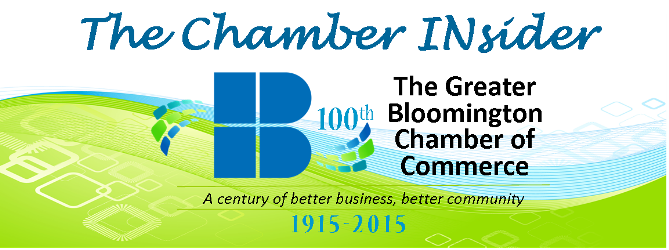Businesses are continually adapting to new technology. So, why not adapt to new generations of workers?
However, before I go into further deliberation on this question, I’ll provide brief descriptions on the generational workers one may find in the workplace today.
Millennials: Adults under 30 in the year 2011. Notable characteristics include goal oriented and proficient at multi-tasking.
Generation X: Age 30 to 50. They’re distinguished by their self-reliance and their concern for workplace rights and work skills.
Baby Boomers: Age 51to 68. This age group is predominantly characterized in the workplace as workaholics and they view that employment is for life.
As I continue with my college education, my professors frequently express that finding a job following graduation will be challenging. My job search will not only be difficult because of the current state of the economy, but also because I am of the generation of workers referred to as Millennials. Millennials present new challenges to companies because of their key differences that differentiate them from senior employees classified as Generation X and Baby Boomers. While I tried to deny that the studies my professors referred to only stereotype my generation, I admit my inclination was I encompass many of the characteristics detailed in the studies.
Soon, Millennials will comprise the majority of in the workforce and therefore businesses will have to accept the inevitable differences between generations, understand why they arise, and how to use them to their advantage.
Therefore, it only seems fitting, to detail the key characteristics of the immerging Millenials workforce and how businesses can adapt to these new generational workers.
Set up benchmarks. Millennials are inherent planners and therefore want an employer to take an interest in their future. Millennials have had much more time to practice time management and adhering to a schedule compared to Baby Boomers and Generation X. Setting up benchmarks will allow you to gauge your employees’ accomplishments and progress while simultaneously helping them plan their future.
Provide guidance. Millenials want direction and like feedback. When assigning Millennials tasks, they prefer short-term, specific activities which provide them with direction so they can gage when they’re off track. Employers can use this to their advantage in prioritizing objectives to accomplish.
Offer hands-on-guidance. Millennials, unlike Boomers, trust authority figures and look towards them for guidance in the workplace. Although, employers may see this as a misuse of valuable time, smart employers will realize Millennials need for direction helps minimize errors.
Encourage informal socializing. Millennails love to stay connected with a large group of people. They want constant interaction and collaboration with their bosses and co-workers. This may seem as a dilemma to employers who associate socializing with unproductivity. However, top-rated employers such a Google encourage informal socializing amongst the staff.
Emphasize positive impact. Millennials want to contribute to causes they see as ethically and socially important. They want to feel connection with the community and want that connection to be reflected of their place of work. Employers can encourage Millennials to arrange innovative philanthropic events that can help broaden the face of the business within the community.
Incorporate advanced technology. Young adults are always ‘wired’. Therefore; it’s not hard to guess that Millennials like to work for a business which uses cutting-edge technology. They value technology because it allows them to stay connected with their colleagues. Employers need to integrate technology into their daily business operations not just to stay ahead of competitors but to gain bright new workers.
Adapted from “Why Generations Matter,” by LifeCourse Associates, lifecourse.com
